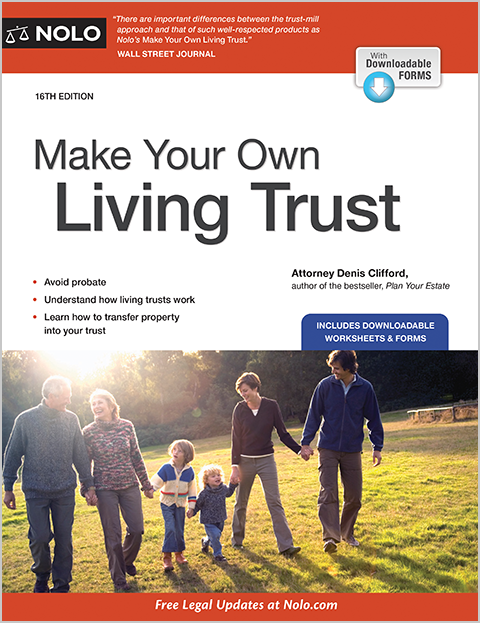Do health care directives cover mental health issues?
Most states define health care to include mental health, and most health care directives cover issues of mental health. (Nolo's health care documents explicitly give your agent the power to make mental health decisions for you.) Your health care documents may give your agent the power to discuss mental health treatments with your health care providers, to request or change medications, or even to admit you to a mental health care facility if necessary.
However, some states require special documents or authorization before they will allow a health care agent to authorize extreme treatments, such as shock therapy, or to commit someone under their care to a psychiatric facility. Because of these state restrictions, a "mental health care directive"—also known as a "psychiatric advance directive" or (PAD)—might be quite useful for individuals with serious mental illness, including those in the early stages of Alzheimer's disease or who have Alzheimer's in their families.
If you have particular concerns about your mental health treatment, you can learn more about PADs at The Bazelon Center for Mental Health Law, at www.bazelon.org. The Bazelon Center also provides a free Psychiatric Advance Directive that allows you to express your preferences on a wide range of treatment issues, such as:
- medication preferences
- electroconvulsive therapy, and
- involuntary commitment to a mental health facility.
Use the link above to find the PAD on the Bazelon website by entering "directive" in the search box on the home page.
Also, the National Resource Center on Psychiatric Advance Directives, a joint project of the Bazelon Center and Duke University, provides further information about PAD's, including state-specific information and forms.
If you want to make a mental health care directive, you will need to determine whether you should prepare that document in addition to or instead of a more general health care directive. The answer depends on your personal circumstances and the state where you live. You'll need to do some research to figure out what's best for your situation in your state.
Whatever you do, take care not to prepare overlapping directives—that is, two directives covering the same issues. The risk of confusion would be too great.
Start your research at The Bazelon Center or the National Resource Center on Psychiatric Advance Directives, and consult a good estate planning lawyer if you're not sure which documents are best for you.
Ready to create your will?



